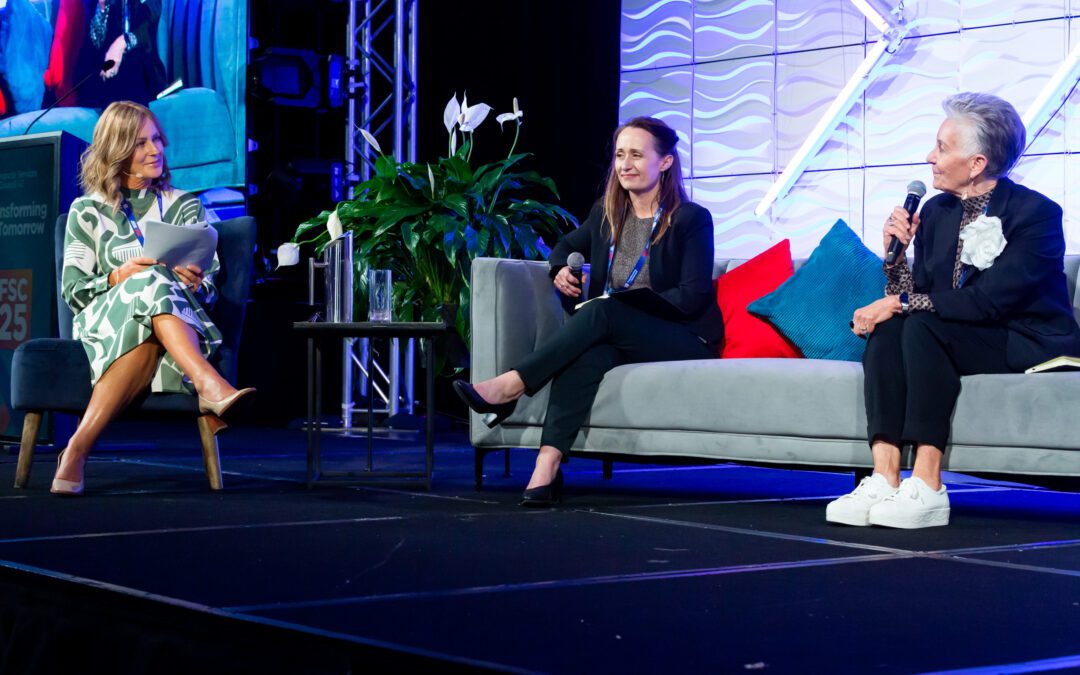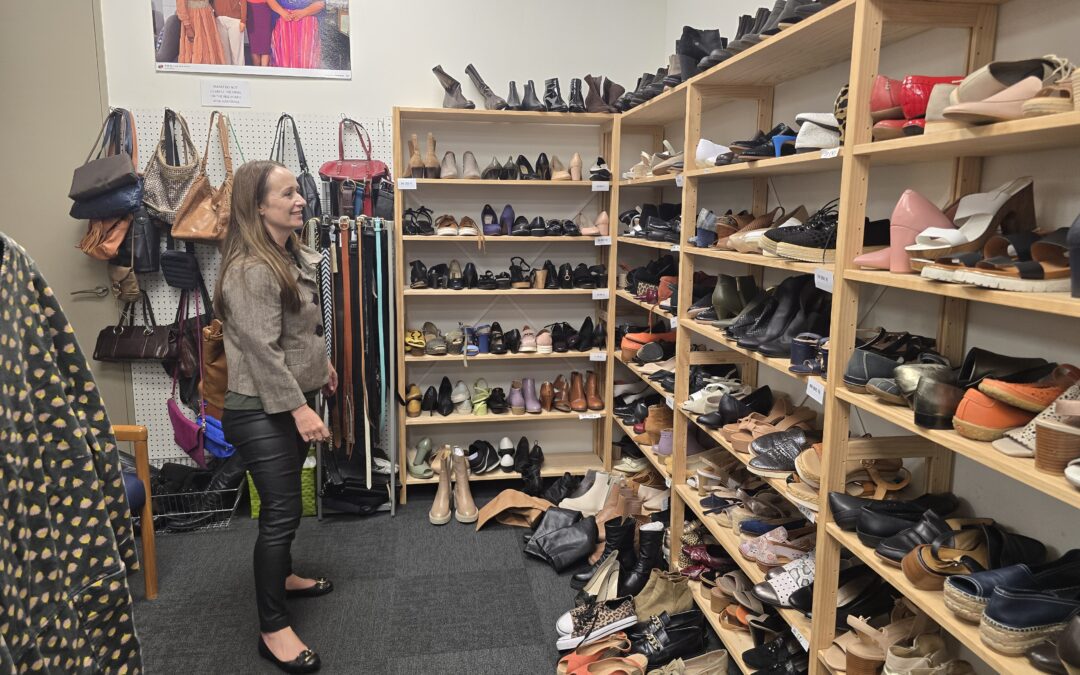One good thing that’s come from the rising Official Cash Rate (OCR) is that the interest banks are paying on our savings has gone up too.
Some savings accounts from the banks are touting a 4.5% interest rate (given a few conditions like needing to give 60 days’ notice if you want to get your money out) and even with some of the on-call savings accounts, you could earn 4.2% interest depending on which bank you’re with.*
Then there are the likes of Sharesies and Squirrel. While not banks, they have both recently released high(er) interest-earning on-call savings accounts as an attractive alternative to what the banks are offering.
So, does this mean that savings accounts are a good idea for growing your wealth? Or what role should they play in your quest for financial freedom?
Savings accounts are seen as ‘safe’
One of the reasons savings accounts are still popular amongst Kiwis is because they tend to be deemed as ‘safer’. Unlike the share market, you’re not going to see the value of your investment drop when your money is safely tucked up in its comfy little savings nest.
But this illusion of safety could cost you in the long term.
While you certainly won’t see the dollar figures go down as you do with other investments, that doesn’t mean the value of your money isn’t falling.
This is thanks to our little frenemy inflation.
Inflation eats into the value of your dollar – reducing its buying power. A dollar a year ago will now only be worth 93 cents thanks to the 7% inflation we experienced. So even though you’re seeing the numbers tick up, you’re not necessarily getting any richer.
What’s more, while your shiny savings account is earning 5% interest – you’re still losing money because inflation is higher than the interest you’re being paid. (And that’s not even considering you’ll be paying tax on the interest you earn!)
And there are certainly times when having money in a savings account is a good idea
But this is generally for when you’ll need that money in the short term. If you’re planning on going on holiday or making a relatively big purchase in the next year or so, keeping that money in the bank is probably the best place for it to be.
It’s also a great place to keep a small emergency fund. Money that’s good to have to hand in the event of emergencies and unexpected costs. This way you don’t have to go into debt because your car broke down, or you need money to fix the window your kid kicked a ball through that’s not worth making an insurance claim for.
And having your savings separated from your daily checking account means you’re less likely to dip into it to pay for a cheeky Friday night cocktail. So, savings accounts do have their place, and if they’re offering decent interest rates, even better.
But for savings goals with a timeline longer than say 2 years, or that financial buffer that will cover your costs for 6 months in the event you lose your income, there may be better places to put that money.
So, if not a savings account, then where?
Well, this will depend a little on what you’re planning on using that money for, when you’ll be needing that money, and where you are on your financial journey.
For example, if you’re saving for your first home and that’s still a few years away, putting that money into a managed fund could be a really good place to build up your deposit.
For those who are chipping away at a mortgage, there could be an opportunity to structure your mortgage in a way where your savings are credited towards paying it off faster – especially as the interest you’re paying on your mortgage is higher than the interest you’re being paid for leaving that money in the bank. Putting it on revolving credit, for example, will relieve some of the pressure of rising interest rates, while still being accessible to you in the event of an emergency.
Or, if you’re looking further ahead and looking to build up your retirement fund, you could be looking at a multi-pronged approach including property and non-property investment. And let’s not forget that once you retire you don’t have to liquidate all your assets and have it sitting in the bank. Retirement could last 25 years or more – plenty of time for your money to keep working while you relax.
There’s no denying that savings accounts are a great way to keep your money safe and earn a little interest along the way. But, if you’re looking for ways to really watch your money grow and make the most of every dollar you don’t spend, there may be a better solution out there for you.
If you’re interested in discovering what those solutions might be, have a chat with an enable.me financial adviser. Based on your savings goals and timelines, they can recommend the best place to store your money so you can reach your financial goals faster. (fees apply).
Disclaimer:
This blog post is for informational purposes only and does not constitute individual financial advice. If you’re interested in receiving financial advice, you can book a consultation with an enable.me coach. Costs apply.
*some of these bank accounts do come with transaction fees so make sure to check the fine print.


